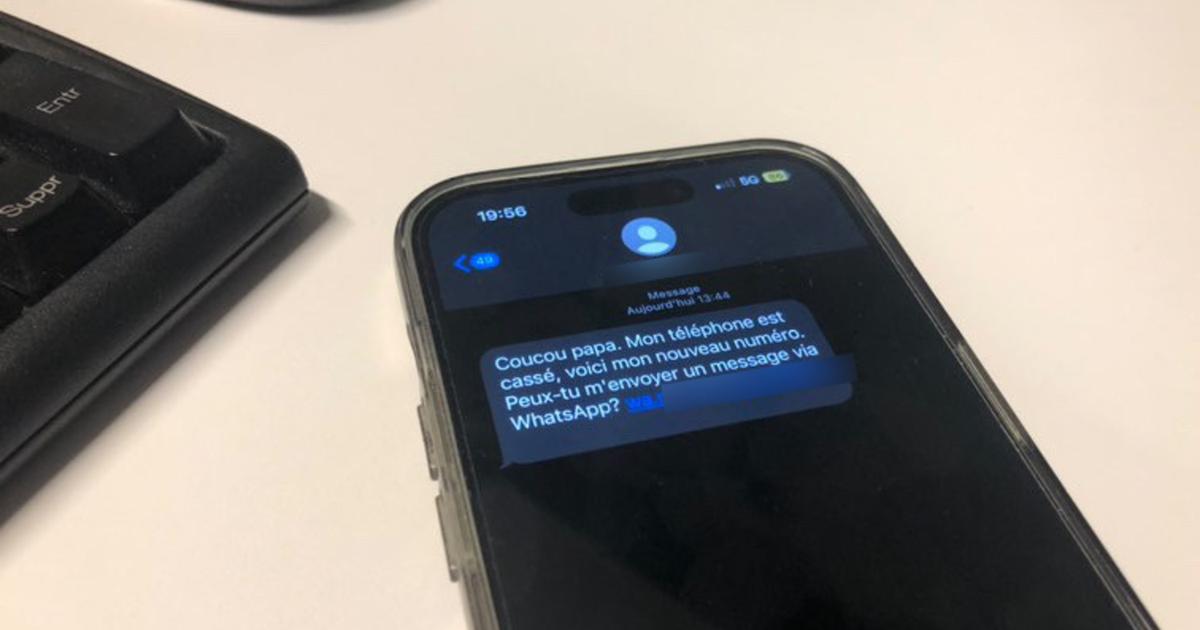Eric Osika, pediatrician, referent of the book
J'élève mon enfant
by Laurence Pernoud and Sylvie Dieu-Osika is a pediatrician, author of the book
The screens: Instructions for use in the family
.
They are members of the CoSE collective.
Technoference is a term coined in 2014 by Brandon McDaniel, a researcher in family psychology.
He then noticed that the incessant interruptions by the cell phone were harming the relationship between the couple.
Jenny Radesky, an American pediatrician, takes up this notion by describing families at mealtime at McDonald's.
Her study highlights what we observe every day: parents absorbed in their screens, excited children seeking their attention, and parental reactions that are either inappropriate ("
robotic
" she writes) or downright violent.
J. Radesky observes in the laboratory that the screen interferes in this delicate moment of the meal when the child is brought to taste a new food: the parent distracted by his phone supports his child less to manage the difficulties of this new experience.
Another team reports this: if the parent is interrupted by the phone in the middle of a session of learning a new word, it is not remembered by the child.
A growing body of research describes these screen interactions that interfere with intra-family social relationships.
The adult with his phone no longer ensures the safety of his child as his attention is elsewhere.
Yet these interactions between the child and his parents are at the heart of the child's development: vital for the infant who discovers that it exists in the eyes of his parents, essential for the young child to acquire language and emotional regulation, but also in the adolescent who builds his identity within this relationship.
This “
technoference
” had already been described with television: lit in the background it acts on the behavior of those in the room.
The attention of the child playing in a corner is fragmented, eye contact is scarce and the number of words exchanged drops.
Television is not this passive screen that we want to describe.
To read also:
"Yes, the consequences of the addiction of young people to video games are terrible"
With the new mobile screens, the observation is clear: when the parent uses his phone, he is no longer available for his child.
Studies carried out in real life around play areas are not very reassuring: adults with their phones no longer ensure the safety of their children as their attention is elsewhere.
The consequences can be dramatic: in Australia, parental distraction due to the telephone is one of the main causes of swimming pool deaths of under 4s.
The authorities have become aware of the phenomenon and have chosen an original approach: the new password for the swimming pool wifi is “
watch-your-child-not-your-portable
”.
A study reports that an adult absorbed in his cellphone ignores his child's requests five times more than if he is distracted by something else.
More disturbing, teams have studied the reactions of infants when their mothers, abruptly, interrupt their gaze on them to absorb themselves in their cellphones (see here).
The reactions observed are reactions of significant stress especially in children under 9 months.
These studies are based on the experimental “
Still face
” model developed in the 1970s by Tronick and Brazelton who studied parent-child emotional regulations, in line with attachment theories (see here).
When we carry out the same experience with mothers “
addicted
” to their cellphones and their infants over 9 months old, the reactions observed are even more worrying, comparable to those described in infants of depressed mothers.
To read also:
Francis Brochet: "At school, the smartphone promotes the transgression of authority"
This work in infants has only just begun, but it is particularly alarming as these early interactions are so essential in the construction of the parent-baby bond.
Studies in children have shown that these screen interactions interferences also have significant repercussions: language delay in children under three years old, concentration and emotional regulation disorders in school-aged children, language disorders. mood in adolescents.
These screen interactions are extremely powerful attention sensors: a real-life study of parents around play areas reports that an adult absorbed in his cellphone ignores his child's requests five times more than if he is distracted by something else (a conversation with his neighbor for example).
In the digital world, today everything is done to capture the user's attention and especially to retain it.
These interferences of adult screen interactions are mirrored in the child's screen interactions.
They are just as deleterious: when children read or play on a screen shared with the adult (e-book or tablet), interactions with the latter drop all the more as the digital object is attractive.
The latest innovations in "
persuasive design
" and other "dark patterns" amplify the phenomenon: in the digital world, everything is now done to capture the user's attention and especially to retain it.
Screen interactions are more and more "
sticky
" and technoference more and more severe.
These recent data should call for caution and require parents to be informed from the time of motherhood.
It is urgent that our authorities in charge of prevention take up the subject.
Certain reflexes are advisable: the laptop must be turned over or put away in silent mode when the baby is awake;
meal times for young and old alike must be screen-free, among other examples ... Every day-to-day moment at home and in the street, the park or the store, are moments of exchange where the parent must remain available .
When the child is awake, the screen should be on standby, including the television.
The future of the child depends on a quality attachment and real interactions guaranteeing good development.
It is also about his safety at home and outside.
Parents must be informed from birth of the effects of technoference on their children.






